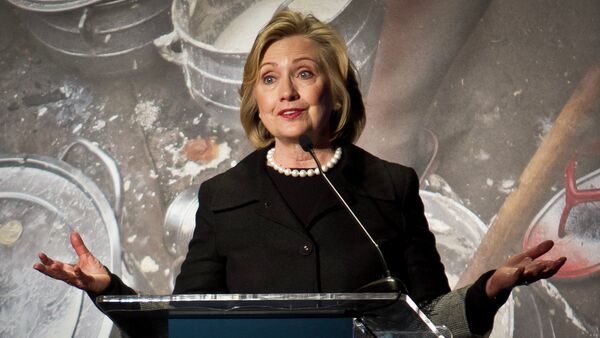The officials claimed that she may have violated federal requirements that officials’ correspondence be preserved as part of the agency’s record.
According to federal records, letters and emails written and received by federal officials, including the secretary of state, are considered government records and are supposed to be retained so that congressional committees, historians and members of the news media can find them.
The officials were echoed by Jason Baron, a lawyer at Drinker Biddle & Reath, who was formerly the director of litigation at the National Archives and Records Administration.
"It is very difficult to conceive of a scenario — short of nuclear winter — where an agency would be justified in allowing its cabinet-level head officer to solely use a private email communications channel for the conduct of government business,” Baron said.
He added that he could recall no instance during his time at the National Archives "when a high-ranking official at an executive branch agency solely used a personal email account for the transaction of government business."
However, Clinton's spokesman Nick Merrill defended her using personal email account, saying that she had been complying with the “letter and spirit of the rules.”
Republican National Committee Spokesperson Michael Short has, meanwhile, said that the latest developments "raise serious questions in light of revelations that Clinton’s foundation received donations from corporations and foreign governments while they were lobbying her State Department."



